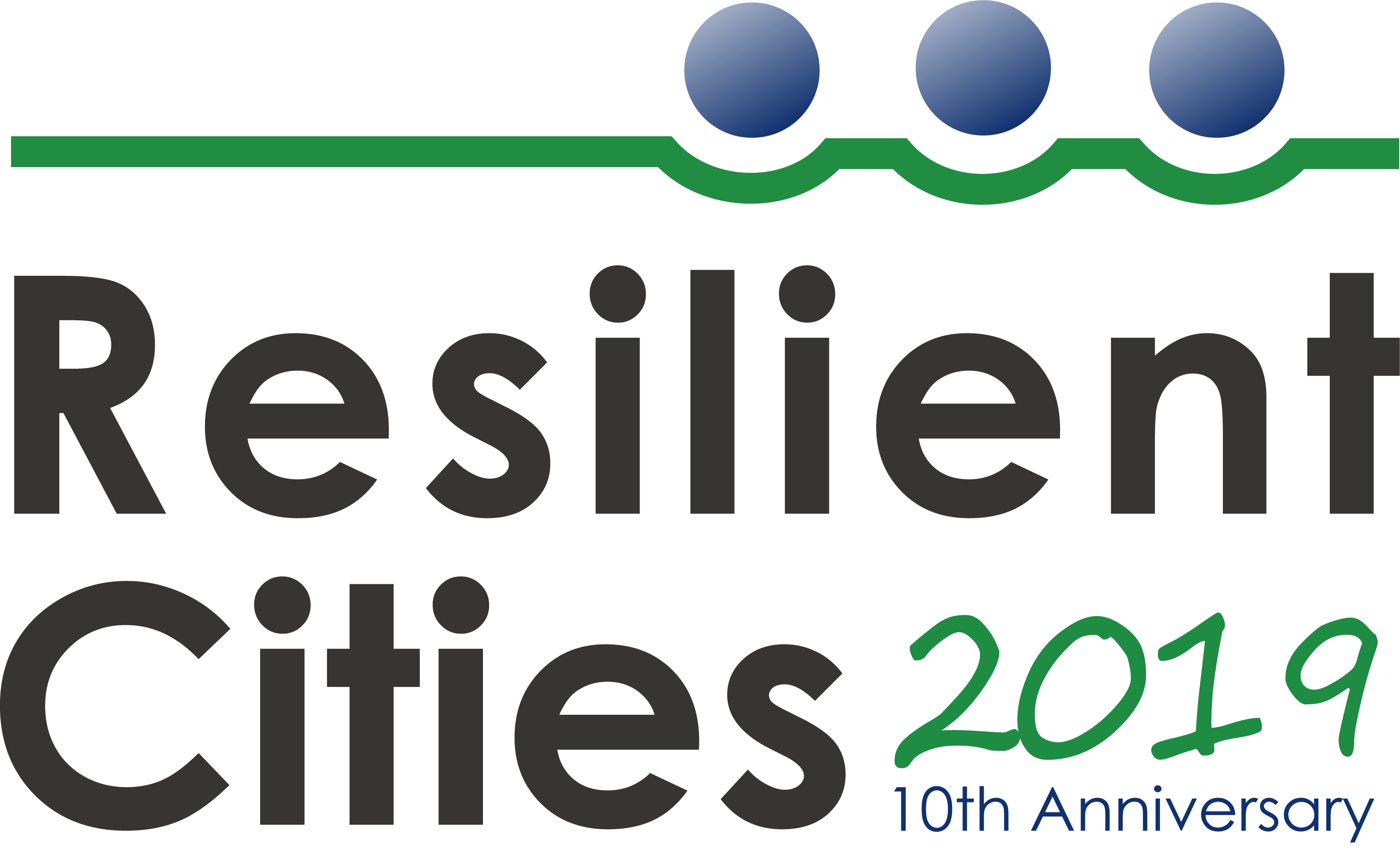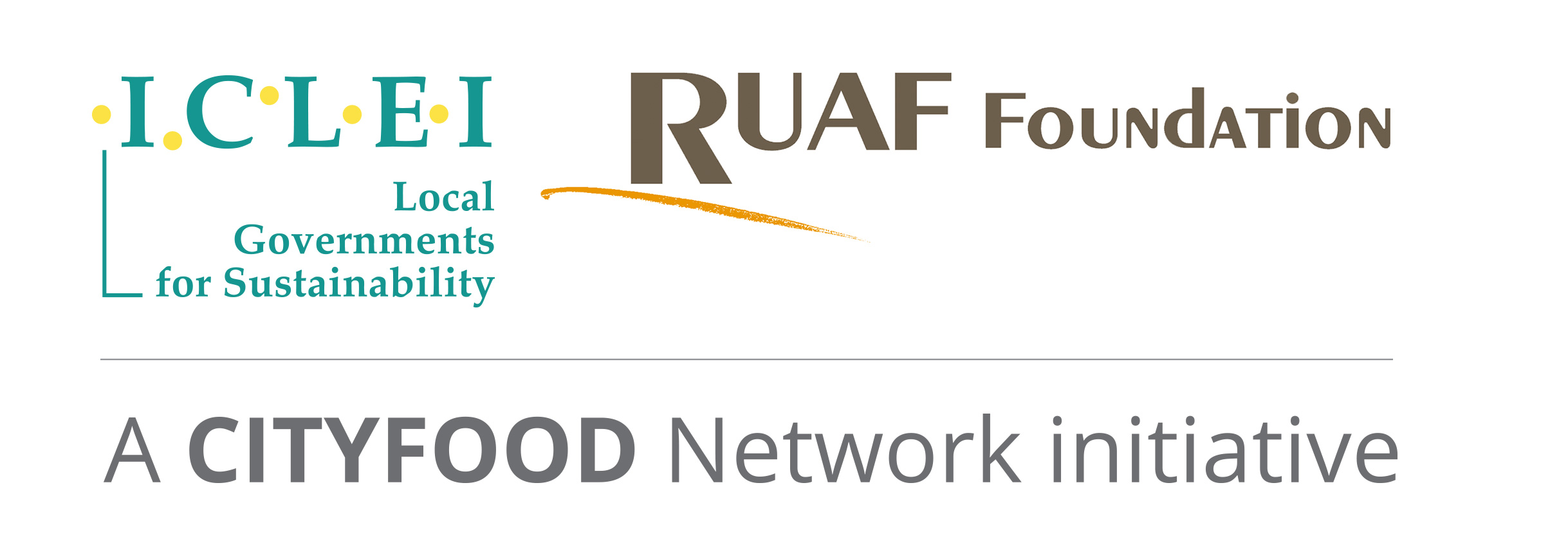Resilient Food Systems
In collaboration with our CITYFOOD Network partner, RUAF Foundation, along with the Food and Agriculture Organization of the United Nations (FAO), Friends of the Earth, the Global Alliance for Improved Nutrition (GAIN), Greenpeace, ProVeg International, 50by40, Rikolto, and UN Environment, we are organizing a day-long food track on sustainable lifestyle, nutrition and waste – key elements for true resilient urban food systems!
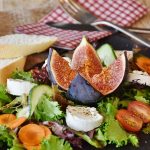
Frameworks for enhancing food system governance (Session C3)
This panel will address urban food and nutrition governance mechanisms that contribute to the resilience of city region food systems. It will explore how different frameworks developed by FAO, UN Environment and GAIN can contribute to improving food systems´ policies and programs, at national and local level. Current work will be presented and, diving into practice, Rikolto and RUAF will share examples of the role of Food Policy Councils in engaging a wide variety of food system actors and stimulating an integrated approach to food systems within the rural-urban nexus.

Reality Check: Denver-Baltimore Food Systems Resilience (Session D3)
Baltimore and Denver are undertaking actions to becoming more sustainable and resilient by including food systems as a critical component of urban planning for climate resilience. The two cities are adopting an adaptation strategy to prevent food from going to waste, rescue surplus food and recycle food scraps. The cities of Baltimore and Denver were selected to work with Natural Resources Defence Council (NRDC) on the Food Matters Project to develop and implement strategies that drive innovative and system-wide food waste reduction in cities. Addressing the issue of food waste helps cities stabilize municipal waste management costs and meet sustainability goals.
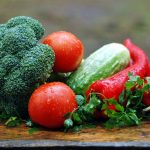
Creating resilient and healthy food systems through local leadership (Session E2)
This session will address the urgency of creating resilience in the food system on the global and local level, through adopting food policies that emphasize plant-focused diets on the city level. Through showcasing and discussing various ready-to-implement, cost-effective existing solutions from cities across the globe, the session aims to arm policymakers with the latest information and tools to future-proof their cities’ food systems, while improving public health.
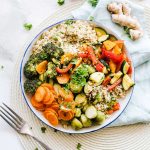
Creating resilient and healthy food systems through local leadership (Session F3)
Session F3 will offer attendees concrete strategies on how to shift their food policies and will provide an opportunity for cities to engage with the different solution models and participate in peer-to-peer learning through interactive breakout sessions. Cities, as centers of consumption and innovation, play a critical role in fighting climate change and improving health outcomes by driving large-scale change in diets.Building on the policy solutions put forth in the previous session, this breakout session will allow participants a deep dive into the practicalities and first-hand experiences in smaller discussion groups.
